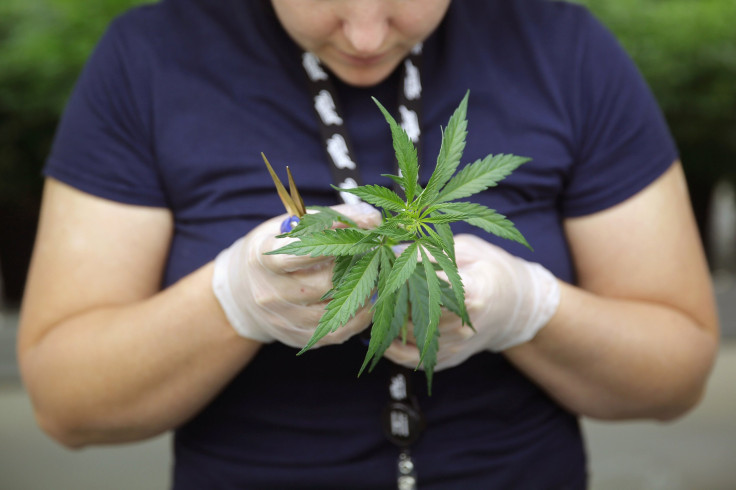US Government Needs Your Help Growing 1,400 Pounds Of Marijuana For Research, 30 Times Last Years Quantity

Hear ye, hear ye! Uncle Sam is calling all citizens for some much needed help. The National Institute on Drug Abuse (NIDA) is "soliciting proposals" — sounds vaguely illegal, no? — from citizen-pot growers who can devote 12 acres to marijuana research. The announcement comes on the heels of the Drug Enforcement Agency (DEA) decision to amplify the quantity of its reserve pot stock from 21,000 grams (about 46 pounds) to 650,000 grams (about 1,433 pounds). With increasingly relaxed drug laws in many states and legalization in Colorado and Washington well underway, the DEA’s move suggests more investigation into marijuana’s effects is both wanted and needed.
Traditionally, such work is overseen by NIDA, a part of the National Institutes of Health, with DEA's stamp of approval. In addition to funding research, the NIDA Drug Supply Program provides the necessary illegal substances to researchers. In the case of marijuana, the government's supplier is a farm run by the University of Mississippi School of Pharmacy. With demand risen dramatically, seems UMiss, which works for NIDA "under a competitive contract,” can’t supply all the pot that is now needed.
So Uncle Sam wants its citizen-pot growers to step up and help.
But not just anybody. To be a successful candidate, you must possess a “current DEA registration for Schedules II to V substances and demonstrate the capability to obtain DEA registration for Schedule I controlled substances,” including marijuana and its constituents. Plus, you need a DEA registration for research, manufacture, and distribution of Schedule I through V controlled substances before the award of this contract. You also need video-surveillance for your outdoor facility of about 12 acres with a complementary indoor facility for growing weed under controlled conditions. Finally, the government insists you have a secure vault for maintaining stock.
One can only wonder how Dr. Nora Volkow, Director of NIDA since 2003, feels about all this. Staunchly wary of marijuana legalization, her agency has been criticized for funding research that focuses on, as its website claims, “drug abuse, addiction, prevention, and treatment” — the downside of pot use and not its potential benefits.
“We do not yet know how marijuana will affect vulnerable populations like older people or those with physical or mental health problems,” Volkow wrote in a recent blog post. “We do know that marijuana increases the risk of car accidents (about 2-fold on its own, even more in combination with alcohol)... Besides being addictive, marijuana is cognitively impairing even beyond the phase of acute intoxication and regular use during adolescence may cause a significant, possibly permanent IQ loss.” She also notes brain scans of users who started at a young age showed impaired neural development.
Despite her concerns, her agency with the encouragement of the DEA has moved to expand the scope of marijuana research. An official recently told US News and World Report NIDA is now funding “well over 100 grants” on cannabis, marijuana, and cannabinoids, including 30 studies of the plant's “therapeutic uses." No matter what you may believe about marijuana or where you stand on legalization, more information about marijuana's health effects, whether good or ill, can only benefit all of us. And reward a few citizen-pot growers to boot.
Published by Medicaldaily.com



























